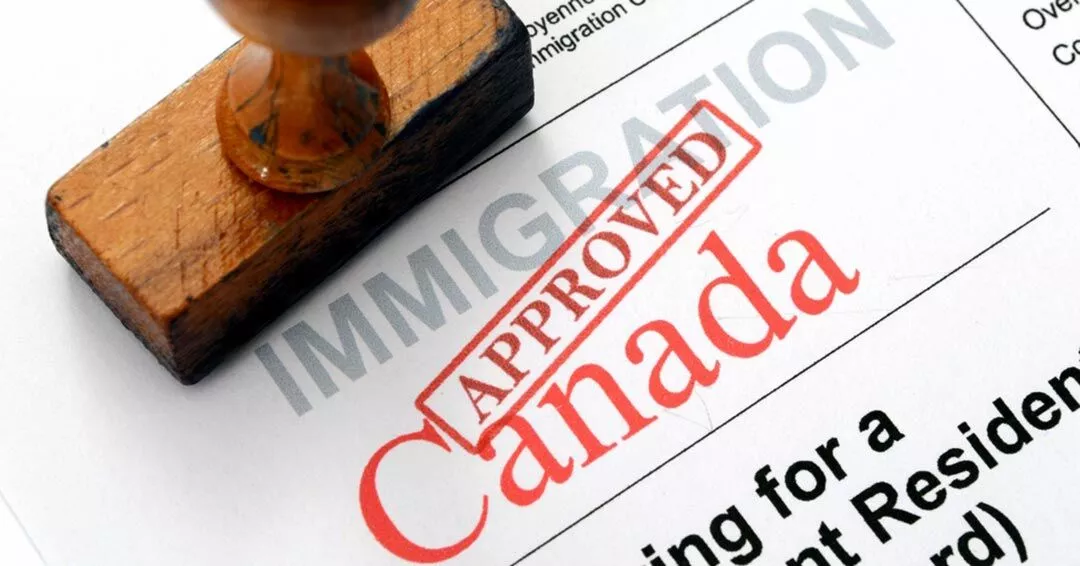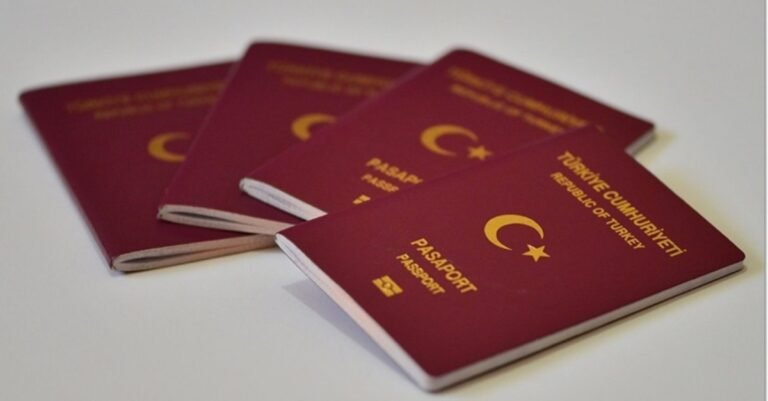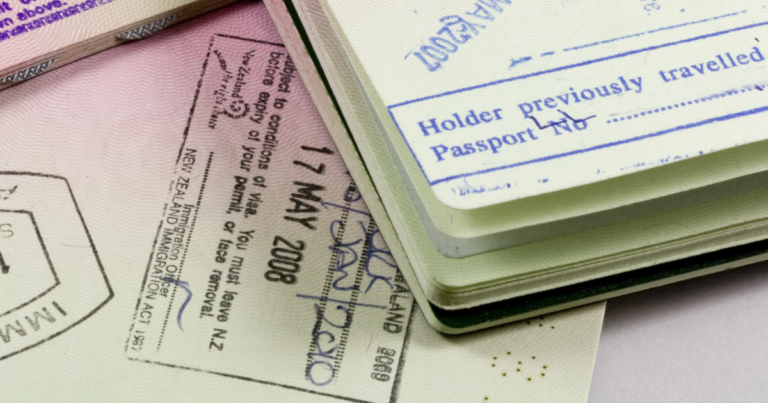Faq About Canada Visa Eligibility
FAQ about Canada Visa Eligibility:
Are you planning a trip to Canada and wondering if you need a visa? Do you have questions about the different types of visas available and the eligibility criteria? Look no further, because this article is here to help you.
In this FAQ guide, we will provide answers to common questions about Canada visa eligibility. Find out who needs a visa to travel to Canada and the various types of visas you can apply for. Discover the eligibility criteria you need to meet and the documents required for a successful visa application.
We will also address whether you can work or study in Canada with a tourist visa and if there are any exceptions or special considerations for visa eligibility.
So, if you’re curious about Canada visa requirements, keep reading for all the information you need.
Key Takeaways
- Required documents for Canada visa application should be reviewed carefully and double-checked to avoid delays or complications.
- Tourist visas in Canada do not allow work or study, but there are opportunities for international students to work and gain experience with a valid study permit.
- Studying in Canada as an international student offers access to high-quality education, top-notch universities, diverse learning environments, and a welcoming and safe atmosphere.
- There are exceptions for visa eligibility in Canada, such as the International Experience Canada (IEC) program, Post-Graduation Work Permit (PGWP) program, specific agreements with certain countries, NAFTA, and the International Mobility Program (IMP). Thorough research and understanding of each program or agreement is important to ensure eligibility and compliance with requirements.
Who needs a visa to travel to Canada?
If you’re planning a trip to Canada, it’s crucial to know who needs a visa to enter the country. Understanding the visa requirements can save you time and help you prepare for your journey.
Canada has visa exemptions for citizens of certain countries, allowing them to enter without a visa for a specified period. These exemptions are based on agreements between Canada and other countries, as well as factors like the purpose of the visit and the duration of stay.
To determine if you need a visa, you can check the official website of the Government of Canada or consult with the Canadian embassy or consulate in your country. They will provide you with the most accurate and up-to-date information on the visa application process.
Applying for a visa involves submitting the necessary documents, such as a valid passport, proof of financial support, and a completed application form. It’s important to note that the visa application process may vary depending on your country of origin.
Now that you know who needs a visa to travel to Canada and have an understanding of the visa application process, let’s move on to the different types of visas available for Canada. Whether you’re planning to visit for tourism, business, or study purposes, there are various visa options to suit your needs.
What are the different types of visas available for Canada?
There are various types of visas available for individuals planning to visit or stay in Canada. Understanding the different types of visas can help you determine which one is most suitable for your needs.
The three main types of visas for Canada are the visitor visa, the study permit, and the work permit.
The visitor visa, also known as a temporary resident visa, is for individuals who want to visit Canada for tourism, family visits, or business purposes. It allows you to stay in the country for a limited period, usually up to six months. This visa is ideal if you plan to explore Canada’s beautiful landscapes, visit friends or family, or attend business meetings.
On the other hand, if you wish to pursue your studies in Canada, you will need a study permit. This permit allows you to stay in the country for the duration of your studies. It is necessary for any academic program lasting longer than six months. With a study permit, you can enrich your educational experience by immersing yourself in Canada’s vibrant academic environment.
Lastly, if you intend to work in Canada, you will require a work permit. This permit allows you to engage in employment during your stay. Whether you are a skilled professional seeking job opportunities or a student looking for part-time work, a work permit enables you to contribute to the Canadian workforce.
Each type of visa has its own pros and cons, so it’s important to carefully consider your purpose of travel and the duration of your stay. Understanding the different types of visas available for Canada will help you navigate the application process more effectively.
Now that you know about the different types of visas, let’s move on to the eligibility criteria for a Canada visa.
What are the eligibility criteria for a Canada visa?
Want to know if you qualify for a Canadian visa? Let’s dive into the eligibility criteria!
To apply for a Canada visa, you need to meet certain requirements set by the Canadian government. One of the key criteria is having a valid passport from your home country. Additionally, you must be in good health and have no criminal record. It is also important to demonstrate that you have sufficient funds to support yourself during your stay in Canada. The exact amount may vary depending on the duration of your visit and the specific visa category you are applying for.
In addition to these general requirements, each visa category has its own specific eligibility criteria. For example, if you are applying for a work visa, you may need to have a job offer from a Canadian employer and meet certain educational or professional qualifications. On the other hand, if you are applying for a study visa, you will need to provide proof of acceptance from a Canadian educational institution.
To begin the Canada visa application process, you will need to complete the appropriate application form and submit it along with the required supporting documents. These documents may include your passport, proof of funds, educational certificates, and any other relevant documents depending on the visa category. It is important to carefully review the application requirements and ensure that you provide all the necessary information to avoid delays or rejection.
Now that you know about the eligibility criteria and requirements for a Canada visa, let’s move on to the next section: how long does it take to process a Canada visa application?
How long does it take to process a Canada visa application?
Once you’ve met the eligibility criteria and submitted your application, you’ll be curious to know how long it takes for your Canada visa application to be processed. The processing time for Canada visa applications can vary depending on several factors. Generally, it takes about 4 to 6 weeks for a Canada visa application to be processed. However, it is important to note that this is just an estimate and the actual processing time may be longer or shorter.
There are several factors that can affect the processing time of your Canada visa application. One common reason for delays is an incomplete or incorrect application. It is crucial to ensure that you provide all the required information and supporting documents accurately. Any missing or incorrect information can lead to delays in processing your application.
Another factor that can cause delays is a large number of applications received by the Canadian visa office. During peak seasons, such as summer or holiday periods, the volume of applications tends to increase, which can result in longer processing times.
It is also important to consider that some visa categories may have different processing times. For example, the processing time for a study permit or work permit may be different from that of a visitor visa. Therefore, it is advisable to check the specific processing times for the visa category you are applying for on the official website of Immigration, Refugees and Citizenship Canada (IRCC).
In conclusion, while the processing time for a Canada visa application is typically around 4 to 6 weeks, it can vary depending on various factors. To avoid any delays, make sure to submit a complete and accurate application.
Now let’s move on to the next section, where we will discuss the documents required for a Canada visa application.
What documents are required for a Canada visa application?
To ensure a smooth Canada visa application process, you’ll need to gather and submit the necessary documents as per the requirements set by the Immigration, Refugees and Citizenship Canada (IRCC). The specific documents required may vary depending on the type of visa you are applying for. However, there are some common documents that are generally required for all types of visa applications.
Firstly, you will need a valid passport that has a minimum of six months validity beyond your planned stay in Canada. Additionally, you will be required to provide two recent passport-sized photographs, which should meet the specifications provided by the IRCC.
Furthermore, you will need to fill out the appropriate application forms and provide proof of payment for the visa processing fees. It is important to complete the forms accurately and honestly, providing all the requested information.
In addition to these basic documents, you may also be required to submit additional supporting documents. These can include but are not limited to, proof of financial support to cover your expenses during your stay in Canada, proof of ties to your home country, such as property ownership or employment contracts, travel itinerary, and a letter of invitation if applicable.
Once you have gathered all the required documents, you can submit your application to the IRCC for processing. Remember to review the requirements carefully and double-check that you have included all the necessary documents to avoid any delays or complications in the process.
Now that you have an understanding of the documents required for a Canada visa application, you may be wondering if you can work or study in Canada with a tourist visa.
Can I work or study in Canada with a tourist visa?
Curious about working or studying in Canada? Wondering if it’s possible with a tourist visa? Well, the short answer is no. A tourist visa does not allow you to work or study in Canada. However, don’t worry! Canada offers plenty of opportunities for international students to work and gain valuable experience while studying.
Working opportunities for international students in Canada are abundant. As an international student with a valid study permit, you can work on or off-campus while studying. On-campus jobs are a great way to earn some extra money and gain work experience right at your university or college. Off-campus jobs, on the other hand, allow you to work up to 20 hours per week during regular academic sessions and full-time during scheduled breaks. This flexibility enables you to support yourself financially and gain practical skills that will benefit you in your future career.
Moreover, studying in Canada as an international student comes with numerous benefits. Canada is known for its high-quality education system, which is recognized globally. Studying in Canada can provide you with access to top-notch universities and colleges, world-class research opportunities, and a diverse and inclusive learning environment. Additionally, Canada offers a welcoming and safe environment for international students, with various support services and resources to ensure your success.
So, while a tourist visa does not permit you to work or study in Canada, there are plenty of opportunities available for international students. These opportunities not only allow you to gain valuable work experience but also provide you with access to a high-quality education system. Moving forward, let’s explore if there are any exceptions or special considerations for visa eligibility in Canada.
Are there any exceptions or special considerations for visa eligibility in Canada?
Exceptions or special considerations for visa eligibility in Canada include specific programs and agreements that allow individuals to work or study in the country under certain circumstances. These exceptions are designed to accommodate unique situations and provide opportunities for individuals who may not meet the standard visa requirements.
One such exception is the International Experience Canada (IEC) program. This program allows young adults from participating countries to work and travel in Canada for a certain period of time. Through IEC, individuals can gain valuable work experience while exploring the diverse culture and stunning landscapes of Canada.
Another exception is the Post-Graduation Work Permit (PGWP) program. Under this program, international students who have completed a program of study at a designated learning institution in Canada may be eligible to work in the country for up to three years after graduation. This allows students to gain practical work experience and contribute to the Canadian workforce.
In addition, there are specific agreements and arrangements between Canada and certain countries that facilitate work and study opportunities. For example, the North American Free Trade Agreement (NAFTA) allows professionals from the United States and Mexico to work in Canada under specific job categories without requiring a Labour Market Impact Assessment (LMIA). Similarly, the International Mobility Program (IMP) allows individuals from countries that have agreements with Canada to work in the country without the need for a LMIA.
It’s important to note that these exceptions and special considerations have specific eligibility criteria and requirements. It is advisable to thoroughly research and understand the details of each program or agreement before applying. Consulting with an immigration professional or the official Canadian government website can provide accurate and up-to-date information on the eligibility and application process for these exceptions.
Frequently Asked Questions
Can I apply for a Canada visa online?
Yes, you can apply for a Canada visa online. The online application process is convenient and efficient. Make sure to have all the required documents ready before starting the application.
What is the maximum duration of stay allowed with a Canada visa?
You can stay in Canada for a maximum duration determined by the type of visa you have. However, there are options for visa extensions if you wish to prolong your stay and enjoy the benefits of a long term stay in Canada.
Are there any age restrictions for Canada visa eligibility?
To be eligible for a Canada visa, you must meet certain age criteria. There is no specific age limit, but you must demonstrate that you have the necessary qualifications and meet the requirements set by the immigration authorities.
Can I apply for a Canada visa if I have a criminal record?
Yes, you can apply for a Canada visa even if you have a criminal record. However, having a criminal record may affect your application and could lead to potential consequences during the visa application process.
Is it possible to extend my stay in Canada once I have obtained a visa?
Yes, you can extend your stay in Canada once you have obtained a visa. The visa extension process in Canada allows you to apply for an extension, which may impact your immigration status.
Conclusion
In conclusion, you now have a better understanding of the CANADA VISA FAQ about Canada visa eligibility.
Remember, it’s important to determine if you need a visa to travel to Canada and to know the different types available.
Be sure to meet the eligibility criteria and gather all the necessary documents for your application.
Keep in mind that processing times may vary, so plan accordingly.
And finally, remember to check for any exceptions or special considerations that may apply to your situation.
Good luck with your Canada visa application!







